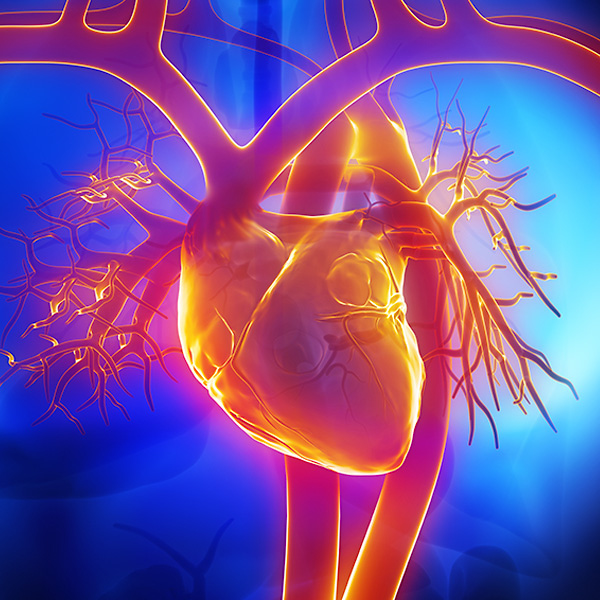Pediatric Congenital Heart Disease
Overview and Facts about Pediatric Congenital Heart Disease
Pediatric congenital heart disease is a broad term that describes a number of heart abnormalities or defects. Congenital means present at birth and these diseases affect approximately 1 in 100 newborns in the US each year.
Pediatric congenital heart disease can affect the walls of the heart, the valves of the heart, and the arteries and veins near the heart.
There are many types of heart defects that can occur as a baby develops in the womb. Some defects may not pose a health risk, while others may require surgery or other procedures to repair a defect.
Signs and Symptoms of Pediatric Congenital Heart Disease
The symptoms of pediatric congenital heart disease depend on the type and severity of the defect. Minor defects typically cause few, if any, symptoms.
Newborns with a defect may have the following symptoms:
- Rapid breathing
- Rapid pulse
- A bluish tint to the skin, lips, and fingernails
- Difficulty feeding and gaining weight
- Heart murmur
- Excessive sweating
Symptoms in older children may include weakness, fatigue, and shortness of breath during normal activities and exercise.
Types of heart defects present at birth may include:
Causes and Risk Factors of Pediatric Congenital Heart Disease
While heredity is believed to play a role in pediatric congenital heart disease, most often, the cause isn’t known.
Children who have Down syndrome have a higher risk of developing a congenital heart defect.
Tests and Diagnosis of Pediatric Congenital Heart Disease
Severe congenital heart defects are generally found during pregnancy or soon after birth. Less severe defects may be diagnosed during a routine physical examination, while others aren't diagnosed until children are older.
Babies and children with a suspected heart defect will be referred to a pediatric cardiologist who is trained to diagnose and treat such conditions.
Treatment and Care for Pediatric Congenital Heart Disease
Treatment depends on the type and severity of the heart defect.
Not every baby or child with a heart defect requires treatment. About half of all septal defects, for example, close on their own over time, with approximately 20% closing in the first year.
Certain types may be treated with medication, while others require surgery or cardiac catheterization to repair the defect.
Complete atrioventricular canal defects require open-heart surgery, where the surgeon uses a patch to close the large hole in the center of the heart.
Certain valve defects may be temporarily treated with medications to help the heart maintain healthy function and blood flow, and to prevent abnormal heart rhythms and control blood pressure. As the condition worsens, surgery is performed to repair or replace the damaged valve.
In those diagnosed with Tetralogy of Fallot, surgical correction of the defect is always necessary.

Request an Appointment
Loyola Medicine heart and vascular specialists have the experience and technology to treat the most difficult cardiac and vascular conditions. Schedule an appointment today.
Schedule a Telehealth Appointment
